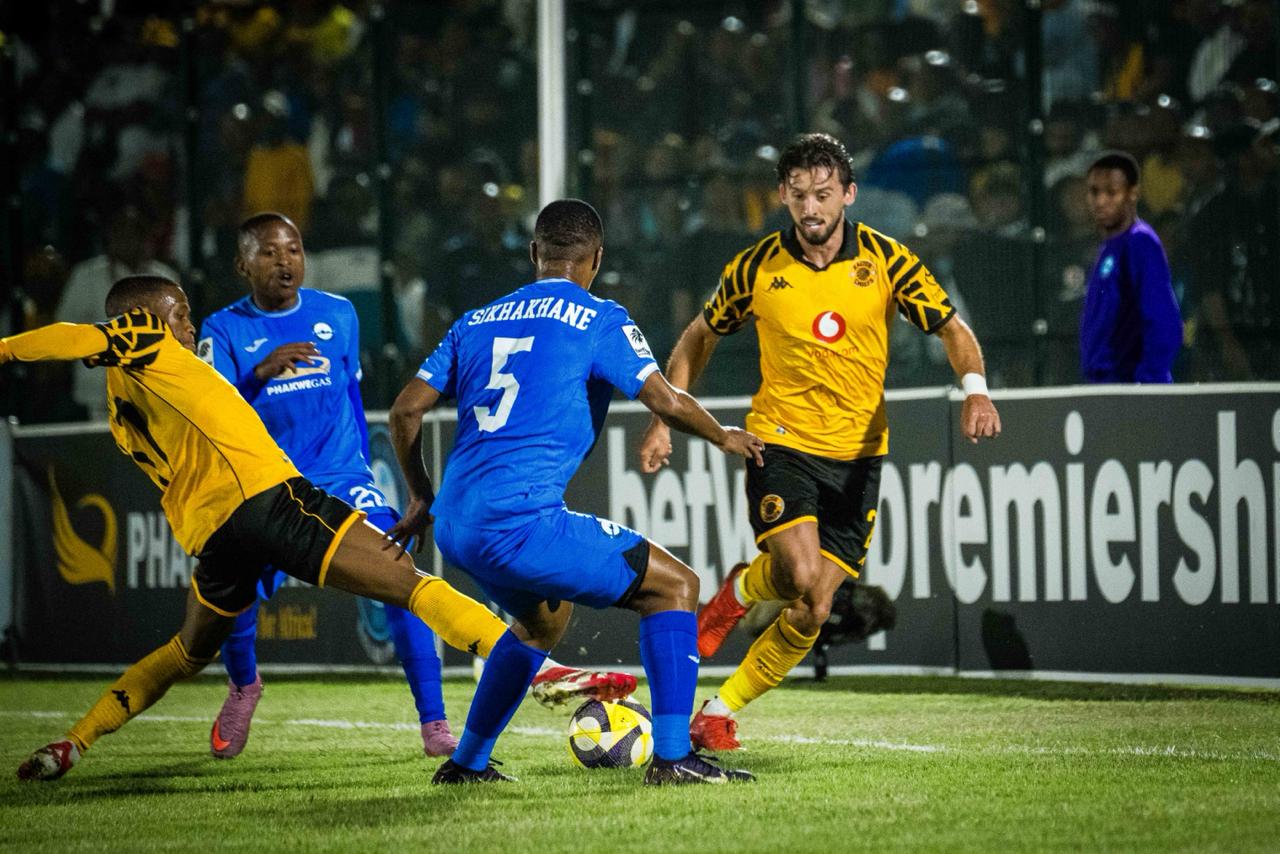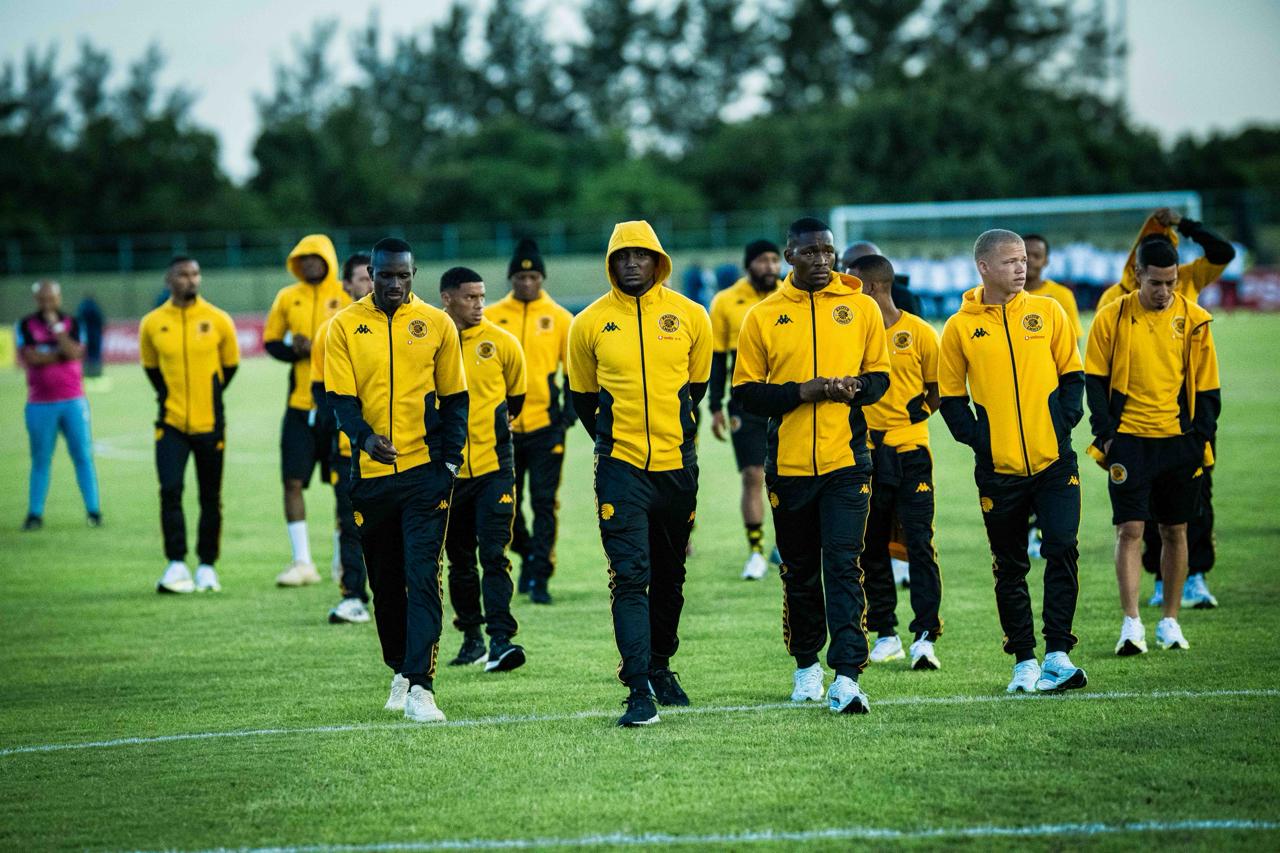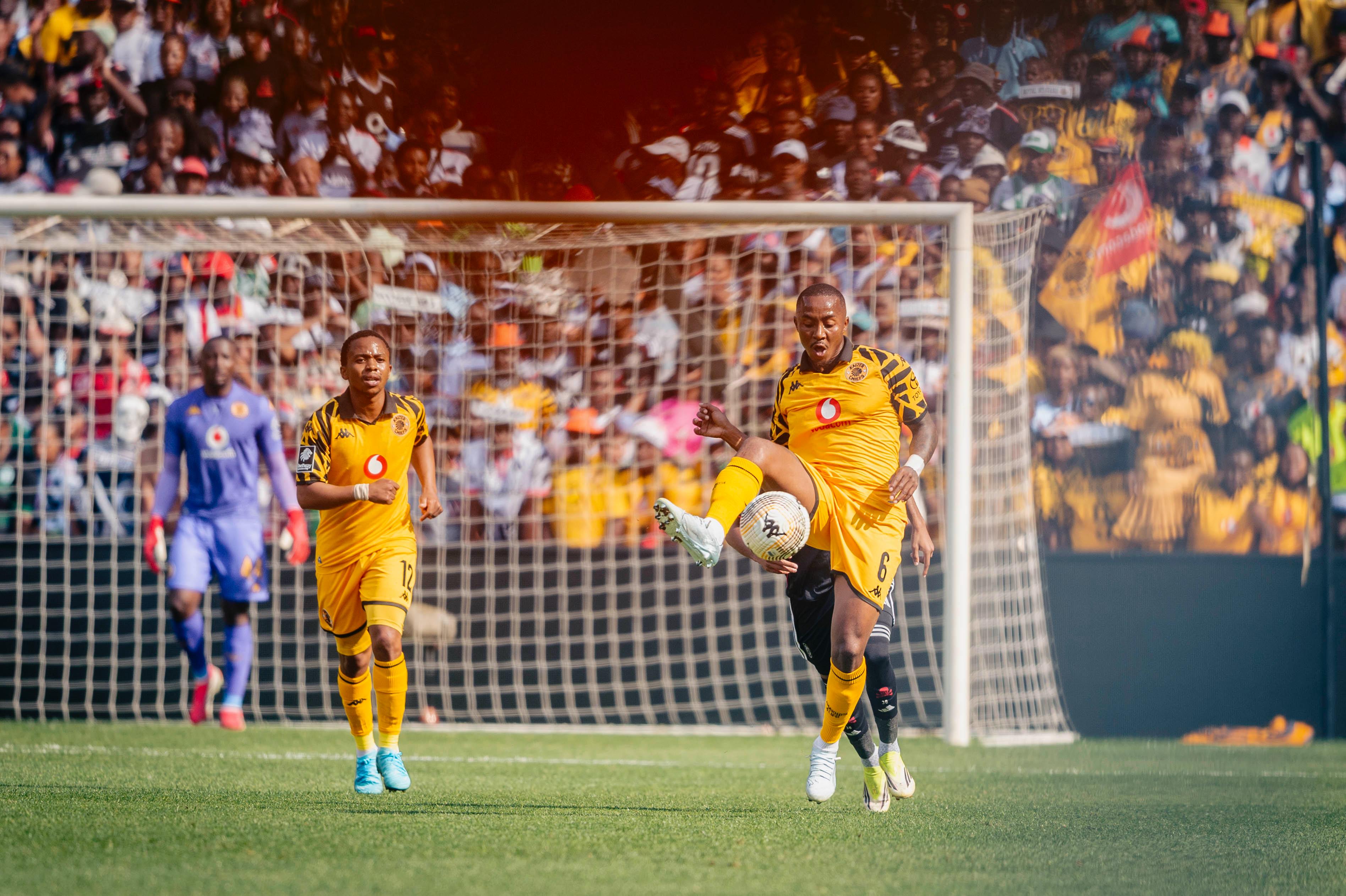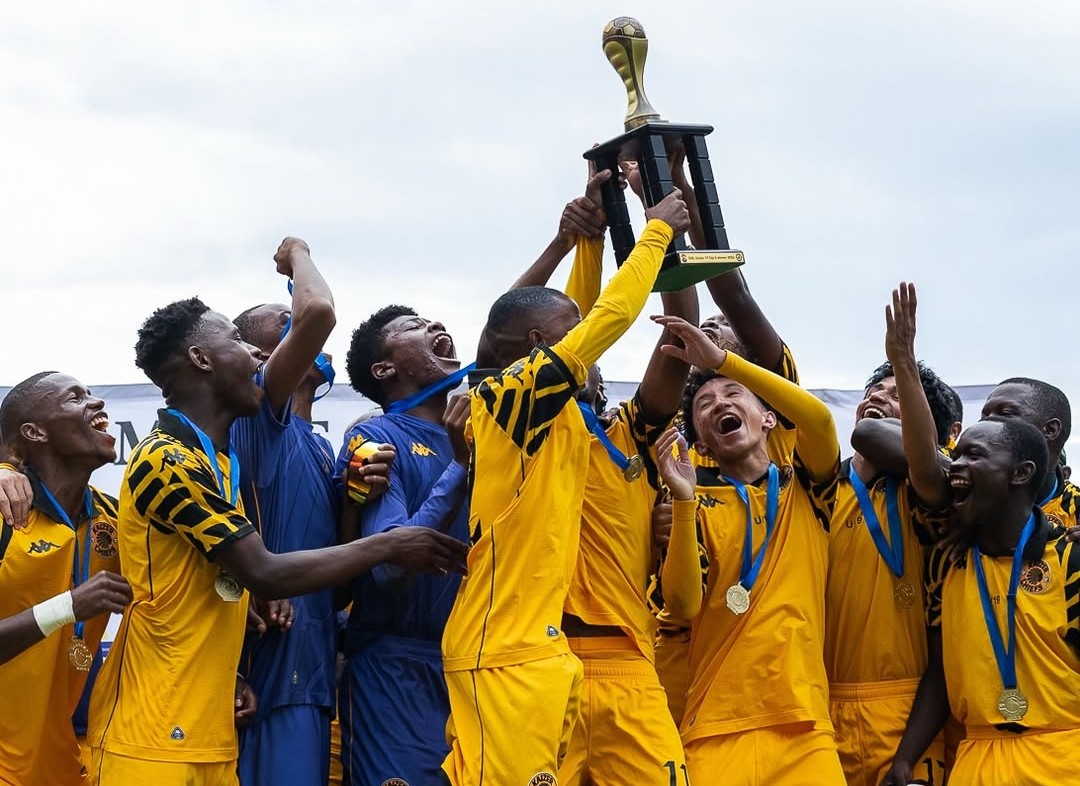Posted in News on Jun 10, 2003.
Watching him playing soccer, his father once told him, "you play with too much passion and one day you will get hurt". At the age of 17, during a season in which he scored 26 goals, a very serious knee injury was the beginning of the end in Ted's playing career.
After a few more years of pain and frustration the dreams of playing the beautiful game were sadly shattered - but remarkably, the passion to serve the game intensified.
After completing his academic qualification with distinctions in sport psychology and soccer physiology at the Institute of Sports in Romania, Ted mastered coaching and became the youngest coach to succeed in the Romanian National League with the University of Craiova FC.
A rapid promotion to the position of the national coach for the under-23 was honoured with a third place at the first World University Championships in Spain, 1971.
His early involvement in the research and experimentation of complex exercise structures resulted in the development of a prelude of global training called "Mosaic Training". This discovery attracted the attention of many prominent international expects such Allen Wade, George Boulogne, Sir Walter Winterboom and Helenio Herera.
Dumitru was still preoccupied with enriching his expertise in International Coaching Course and Seminar organised in Antalya, Turkey. The assignment was to introduce his new findings to fellow colleagues and some of the game's most remarkable to technicians. The other lecture present was Sir Walter Winterboom, who was then the chairman of the FIFA Technical Committee.
The next rewarding and successful episode was Dumitru's association with Turkish giant teams Altay Izmir FC, Besiktas FC and then the experience in the United States of America with Rochester Lancers FC in the NASL. Parallel with coaching assignment there was his industrious activity on the field of research and experimentation, which has put him ahead of traditional training and coaching theory.
One of his discoveries, the close interrelation between soccer complexity and the biological, environmental and cultural specificity of the game led to several inspiring experiments in the unexplored field of individual and regional playing style.
Then the "laboratory" moved to Africa, where Dumitru believed a new training approach would maximise the immense soccer skill potential and movement inventivity of the African players.
Again, his innovations worked small miracles. In Zambia, the play standards and excitement in the rose to the level of excellence while the national team, guided by Dumitru reached the African Nations Cup finals 1980 without losing in two international seasons.
Earnestly committed to spread the values of modern coaching and demonstrates the superiority of the newly developed training ideas, Dumitru chose to work in South Africa where he made a huge impact with remarkable contributions. The true value in depth of these training methods were confirmed when Dumitru initiated the first maximal training program for youth development in Africa, the flagship of this project being the Soccer School of Excellence in Johannesburg.
With the assistance of a few young and enthusiastic local youth coaches such as Farouk Khan (who is now the co-coach of Santos FC) and Sam Mbatha, the initiative astounded the observers. When the several experts from Brazil, Germany and England attended the amazing success of an under-12 soccer school experiment and declared it as the best in the world, the methodology of complex-specificity training became outright the answer for amazing youth development.
The "products" of this novel programme has since made a visible impact on many local and European professional clubs as well as in all youth and senior national team of South Africa. There is a sense of total admiration at Ajax Amsterdam for the exceptional value of the youngster coming from, probably, the most prolific, yet little known talent development scheme around.
There were many skeptics when Dumitru took the risk to challenge the old routines of coaching in the volatile African professional club establishment. But again, a series of unorthodox training concepts even the warm up routines are not done according to the conventional theories, proved them right.
The coach - affectionately called "Mr Magic" or "Professor" - excelled in mixing winning performance with a high degree of African attractiveness. They called it "carpet football".
The man's record is as rewarding as his passion for soccer progress. In less than six seasons of assignments, mainly with the top clubs in South Africa, Kaizer Chiefs and Sundowns, the list of trophies includes twelve major cups, two consecutive League Championships as well as reaching the 2001 African Champions League final.
Despite his success in coaching and research and experimentation, Dumitru's countless contributions in the form of technical articles, studies, coaching educational and instructional videos and a coaching manual - "Coaching Guide" - have been consistently showing the trend of a mind ahead of its time.
As the former South African Under-23 assistant coach Kenny Ndlazi once said: "Dumitru is the best thing to have ever happened to South African football".
Not surprisingly, the most recent studies and discoveries on the fields of sport physiology and related neurosciences confirm his ideas and innovative practice. Nothing in soccer could be more inspiring than to learn that there is much value in the game still to be unearthed. As Dumitru says, "We haven't yet enjoyed the complete beauty of soccer simply because there has not been persuasive effort on how to find it."





